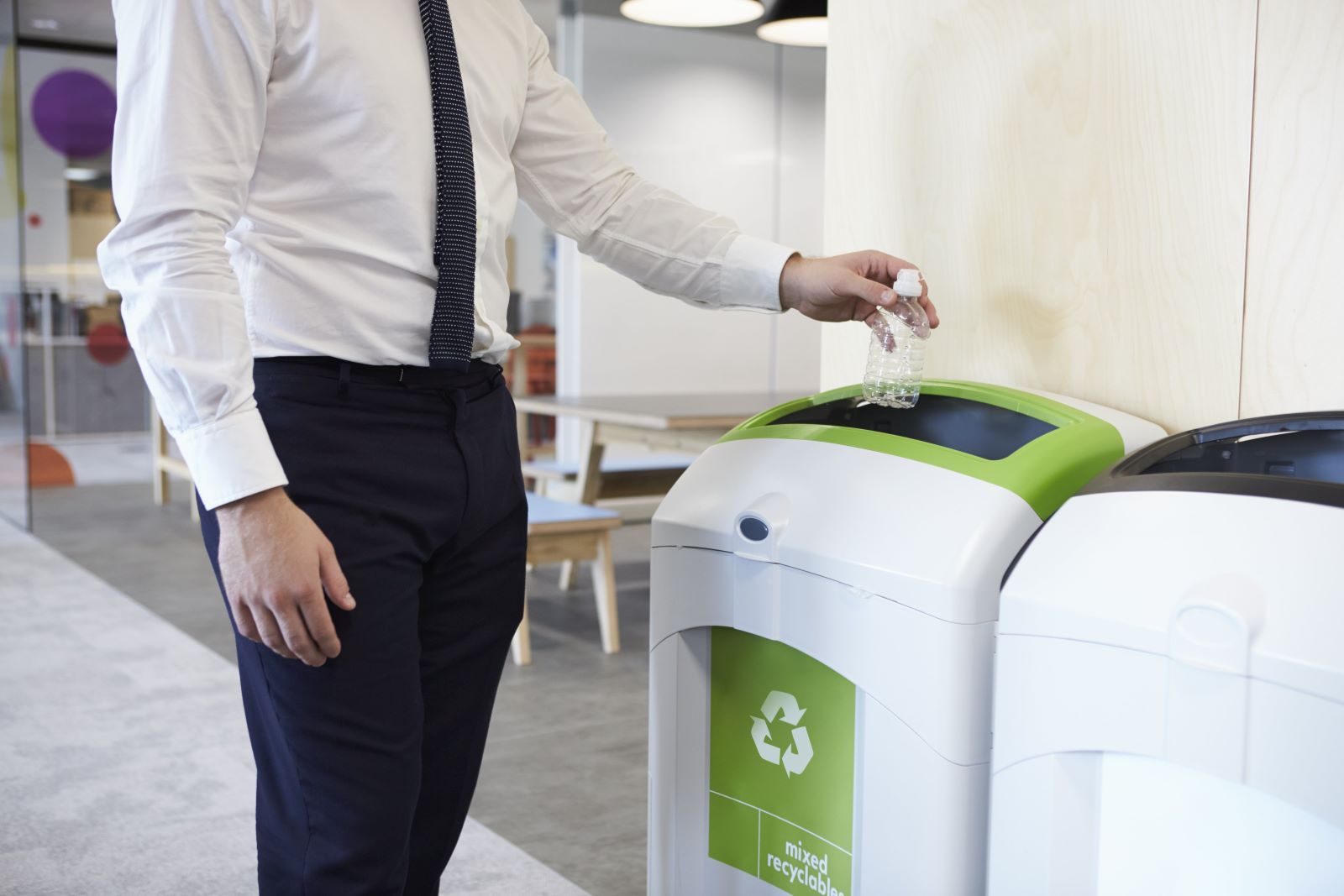Waste Management Company: Zero Waste Strategies
Sustainability is no longer an option in today’s business environment—it is a need. At A-Thermal, a leading waste management company, we understand the critical importance of reducing waste to protect our planet. Embracing zero waste practices isn’t merely a trend: it’s a fundamental shift towards sustainable business operations. This article unveils actionable strategies for businesses ready to shrink their waste footprint and embark on a journey towards a more sustainable future.
Zero Waste Principles for Businesses
Zero waste principles involve waste management companies adopting conscious strategies to minimise waste generation, maximise reuse, and recycle materials within a closed-loop system. By integrating these principles into business practices, waste management companies can significantly reduce their environmental impact while fostering sustainable growth and resilience.
Conducting a Waste Audit
The first step towards achieving zero waste in business operations is conducting a thorough waste audit. Analyse your waste management company’s waste streams to identify the types and quantities of waste generated. Categorise waste materials such as paper, plastics, organic waste, and electronic waste (e-waste). This audit provides crucial insights into waste patterns and highlights opportunities for waste reduction and resource recovery.
Reducing Single-Use Plastics
Single-use plastics and excessive packaging are major contributors to business waste. Implement strategies to eliminate or reduce their use by opting for reusable alternatives and minimising packaging in product design and distribution. Encourage employees to use refillable containers, reusable bags, and durable office supplies to minimise plastic waste throughout your operations.
Sustainable Procurement Practices
Choose suppliers and partners that prioritise sustainability and offer products with minimal packaging or recyclable materials. Adopting green procurement policies ensures that your business supports sustainable practices from the supply chain onward. Explore options for bulk purchasing to reduce packaging waste and consider innovative packaging solutions that prioritise environmental stewardship.
Managing Organic Waste
Composting organic waste is an effective strategy for businesses to divert food scraps and biodegradable materials from landfills. Establish onsite composting systems or partner with local composting facilities to responsibly manage organic waste. By transforming organic waste into nutrient-rich compost, businesses can support local agriculture and landscaping efforts while reducing greenhouse gas emissions.
Promoting Waste Reduction
Educate and engage employees in waste reduction initiatives through training programs and awareness campaigns. Encourage practices such as paperless operations, digital document management, and responsible consumption habits in office kitchens and break areas. Foster a culture of sustainability where employees are empowered to contribute to waste reduction efforts.
Enhancing Recycling Programs
Develop comprehensive recycling programs tailored to your business operations. Provide clearly labelled recycling bins for paper, cardboard, plastics, metals, and electronics in accessible locations throughout your facilities. Ensure that employees understand recycling guidelines and have access to information on local recycling facilities and resources.
Embracing a Circular Economy
Transition towards a circular economy by promoting product durability, repair, and reuse. Explore opportunities for product redesign and innovation that extend product life cycles and minimise waste generation. Engage with customers and stakeholders to support circular business models that prioritise resource efficiency and environmental sustainability.
Adopting zero waste strategies is not only a responsible environmental choice but also a strategic business decision that enhances efficiency, reduces costs, and strengthens corporate reputation for a waste management company. By implementing waste audits, reducing single-use plastics, embracing sustainable procurement practices, managing organic waste through composting, promoting employee engagement, enhancing recycling programs, and embracing the principles of the circular economy, waste management companies can lead the way towards a more sustainable future.
Join A-Thermal in our commitment to sustainable business practices and start reducing your company’s waste footprint today. Contact us to learn more about implementing these strategies and making a positive impact on the environment through effective waste management solutions.







